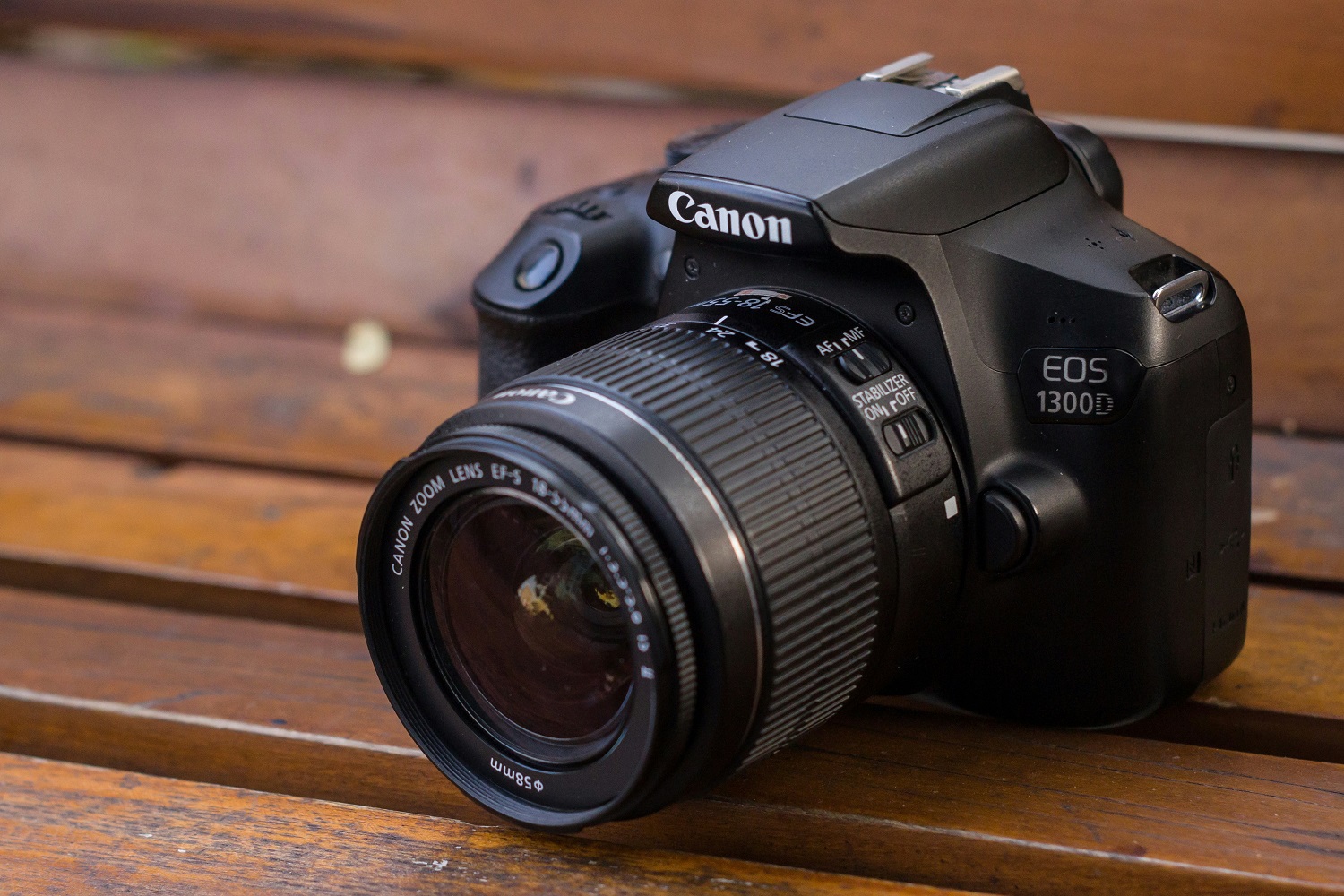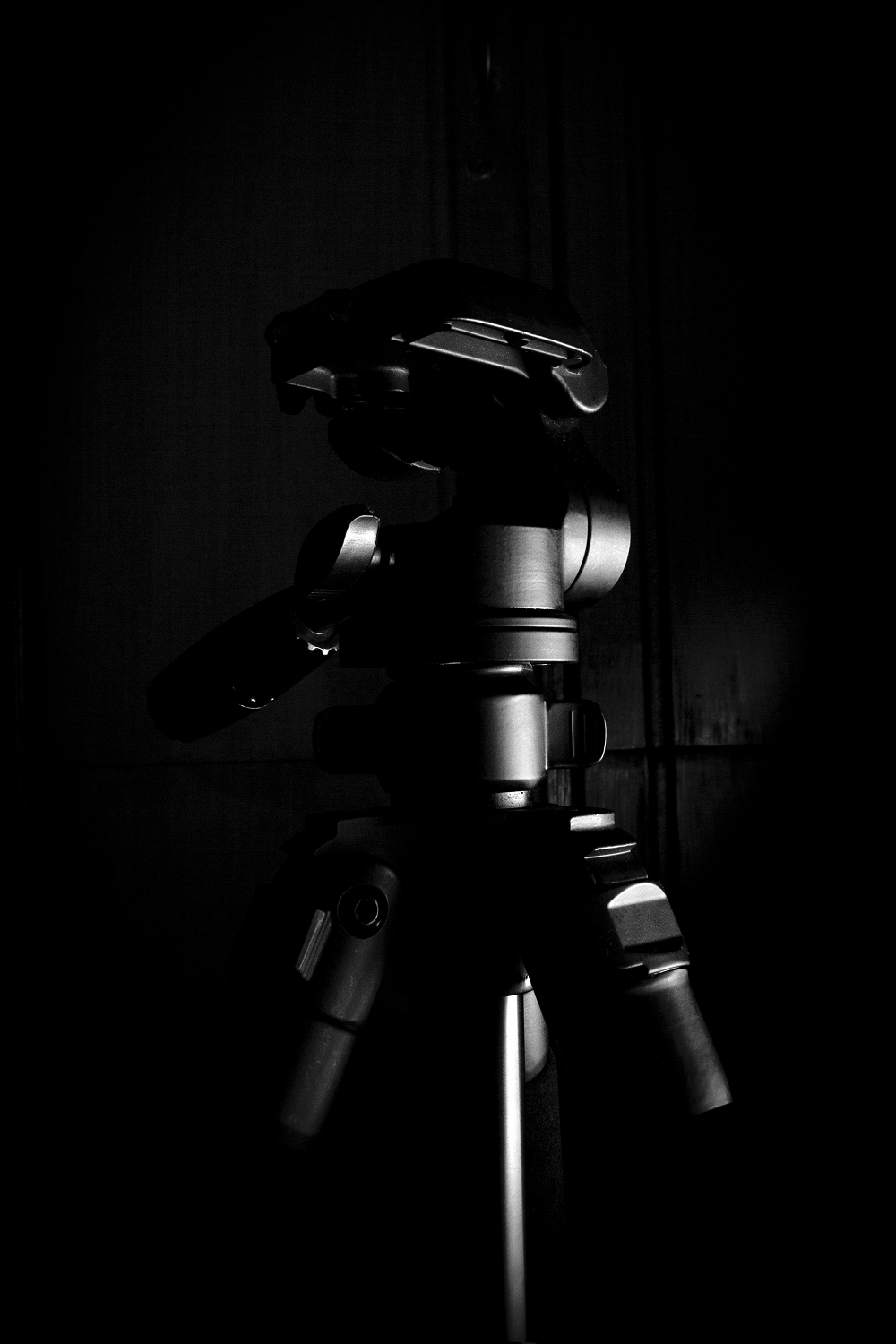What is the best video camera for a beginner videographer: Part 1
So, I see lots of questions about equipment, specifically regarding cameras. Questions such as;
What is the best beginner videographer camera, best camera for beginner videographer, best camera for videography, cheap videography camera, and so on.
Discovering the most suitable camera for budding videographers is like embarking on an exciting, and scary journey. With a multitude of options flooding the market, it’s natural to feel overwhelmed. But fear not, for I am here to guide you through this maze of choices, shedding light on some of the key features to help you to make an informed decision.
Whether you’re delving into the world of vlogging, capturing precious moments, or diving into creative projects, finding the right camera is paramount.
Well, sadly there’s no one-size-fits-all answer. It all boils down to your budget, the type of projects you will be working on, and the environment you’ll be working in. Are you envisioning cinematic shots in a controlled studio setting? Or perhaps you’re gearing up for dynamic on-the-go filming, documenting live events or adventures?

If you need the most versatility and creativity, DSLRs with interchangeable lenses offer boundless possibilities. Perfect for studio or controlled location settings where you are in control and have time to plan shots, they allow for artistic expression. However, if you’re braving unpredictable environments or capturing fast-paced action, a camera with a reliable zoom lens is a better choice.
Then there is the recording format and media storage. A lot of cameras can now record in 4K resolution, but don’t be fooled. These files tend to be much larger that 4K video files you get off your mobile phone, for reasons we won’t go into here. It is also much more work for your editing software/computer to deal with, leading to other issues. So, if you are recording for social media, perhaps consider recording in HD instead of 4K. When viewed on a mobile device, most users will not see any difference and HD files take up approx one fifth the storage space. And while talking about storage, a professional 4K video camera does not use your typical SD card, costing around £10. Oh no, sadly an SD card suitable for this type of work, even a relatively small 64Gb card, costs well over £100.
Another consideration is sound. Some cheaper DSLR cameras only record sound via the on board microphone, with no input connection for an external higher quality microphone. If you are only recording content that you will be putting music over and not using the sound recorded on location, no problem. But if you intend to record sound and use it, perhaps look for a camera with an audio input feature.
But wait, the camera is just the beginning! How are we going to hold the camera? While handheld setups offer flexibility for dynamic shots, they are not suitable for achieving stability over long durations. Enter tripods, the unsung heroes of videography.

Ensuring steady footage and precise control, tripods become indispensable tools, especially for those seeking professional-grade results. And when it comes to tripods, opt for ones equipped with fluid heads for seamless panning and tilting, essential for capturing smooth, cinematic movements.
Of course the search doesn’t end with the camera and tripod. For professional videography, accessories like microphones, lighting equipment, and colour charts are indispensable companions, each playing a crucial role in enhancing the quality and aesthetics of your footage.
So, whether you’re just dipping your toes into the world of videography or already envisioning your name in lights, remember, finding the perfect gear is just the beginning of an exhilarating adventure. Stay tuned as we delve deeper into the realm of videography essentials, unravelling the mysteries of audio, lighting, and more in our next blog.